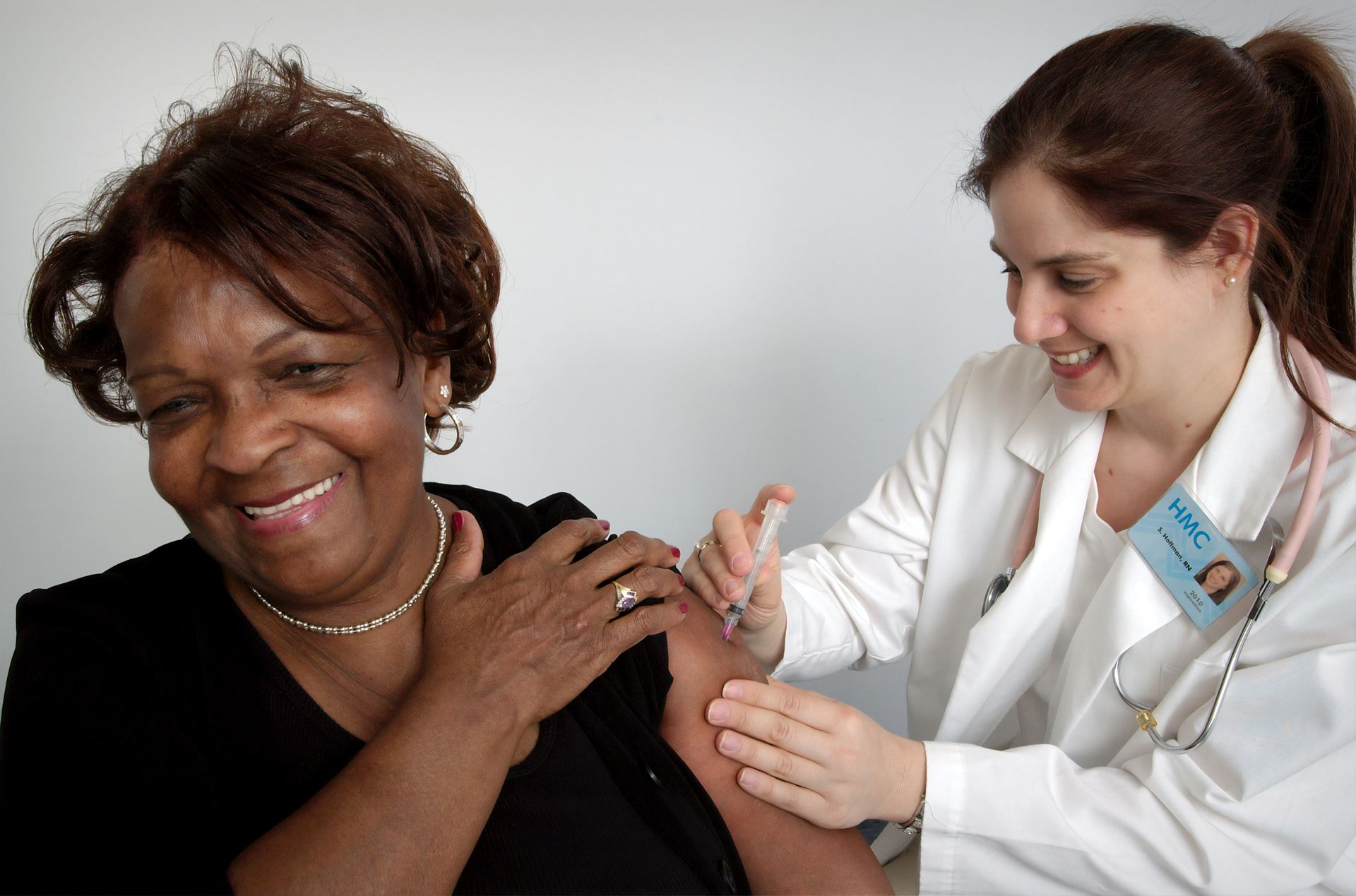Services
PRIVATE PROVIDER REQUESTS
PRIVATE PROVIDER REQUESTS FOR INVESTIGATIONS UNDER THE NHS
INTRODUCTION
This protocol outlines Beauchamp House Surgery’s approach to requests received for investigations under the NHS where the requests come from private providers.
PROCESS
Beauchamp House Surgery follow the British Medical Association’s guidance surrounding this which clearly states that, whilst a practice may be asked to do certain investigations or to prescribe specific medication for the patient, complying with such requests regardless of the GP’s management and treatment of the patient, is outside the scope of NHS Primary medical services.
Requests of this nature are responded to using the template BMA letter.
Privately Diagnosed Gender Dysphoria (Children or Adults)
There is no shared care agreement between the NHS and private healthcare providers. Gender Dysphoria medications are specialised medications and outside the competency of General Practitioners. As a result, we are unable to issue medication for privately diagnosed Gender Dysphoria patients. We can refer you for a diagnosis under the NHS or refer you for an NHS review of any specialist medication that has been initiated by your private provider.
Appendices:
Please read in conjunction with the BMA guidance
Please use BMA guidance template letter when responding to requests
ADHD Services and Medications for Adults and Children
We are unable to monitor and prescribe ADHD medications in General Practice.
Why we can’t
Where a medication is started by a specialist they will carry out all tests that are needed to make sure it is safe to prescribe your medication. Once you are safely on the medication and everything is stable many medications can be transferred to your GP under what is known as a shared care agreement.
What is a shared care agreement?
A shared care agreement is a contract in place to help monitor patients on high risk drugs and ensure they continue to be prescribed safely in the community while the hospital consultant who started the medication remains responsible for monitoring and reviewing the patient. Shared care agreements must be agreed in advance and have clearly defined rules of what GPs and Specialists should do under certain circumstances.
What does this mean for me and my ADHD Medication?
Unfortunately, there is no agreed Shared Care contract in place in Mid Essex for ADHD medication, so there is no safe way to share this work between our two teams. The GMC guidance states all doctors must ‘make sure appropriate clinical monitoring arrangements are in place’ and there is no way to do this without an agreed shared care arrangement. As such we are not able to safely accept the ongoing prescribing responsibility.
What does this mean for my medication?
Your medication will need to continue to be issued by the specialist who recommends it. They will also carry out any and all monitoring that is required and be responsible for those results.
What does this mean for my GP?
This means your GP is unable to issue your medication or carry out any checks that may be required for that medication, for example height, weight, ECGs or blood tests.
What does this mean for me?
You will continue to receive the care and treatment that your specialist feels is needed, but it will be done by the specialist service and not by your GP.
Page created: 13 March 2023







